Euphoria Psychedelics – Microdose Capsules (3000mg)
$40.00 – $350.00
Euphoria Psychedelics: A Comprehensive Guide and Where To Buy Psychedelics Online
Buy Euphoria psychedelics has surged in recent years, particularly regarding their potential therapeutic benefits and recreational use. Among the various substances available, euphoria-inducing psychedelics have gained significant attention for their ability to enhance mood and foster feelings of connectedness. This article will explore what euphoria psychedelics are, their effects, legal considerations, and where to buy them responsibly.
What Are Euphoria Psychedelics?
Euphoria psychedelics refer to a category of psychoactive substances that primarily induce feelings of happiness, interconnectedness, and emotional warmth. Common examples include:
- MDMA (Ecstasy): Known for its empathogenic effects, MDMA enhances sensory perception and emotional connection with others.
- Psilocybin: Found in “magic mushrooms,” psilocybin can lead to profound experiences that may include feelings of joy and unity.
- Ketamine: While primarily used as an anesthetic, ketamine has been recognized for its rapid antidepressant effects and can induce euphoric states.
These substances work by altering neurotransmitter activity in the brain, particularly serotonin levels, which play a crucial role in mood regulation.
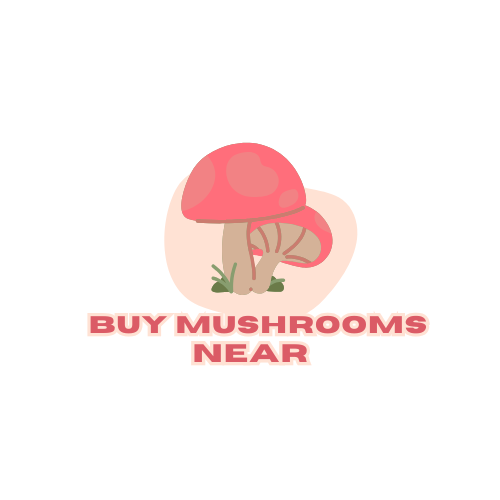




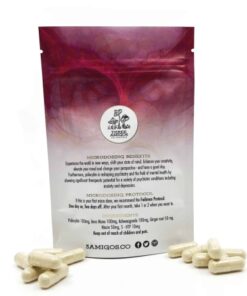
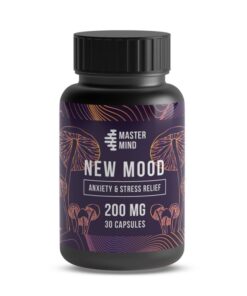
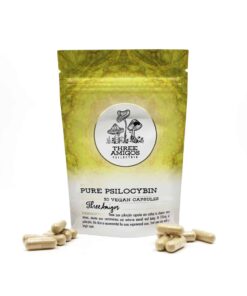
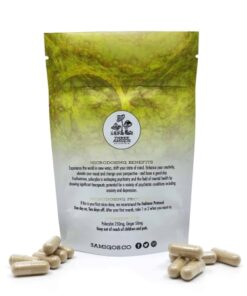
Reviews
There are no reviews yet.